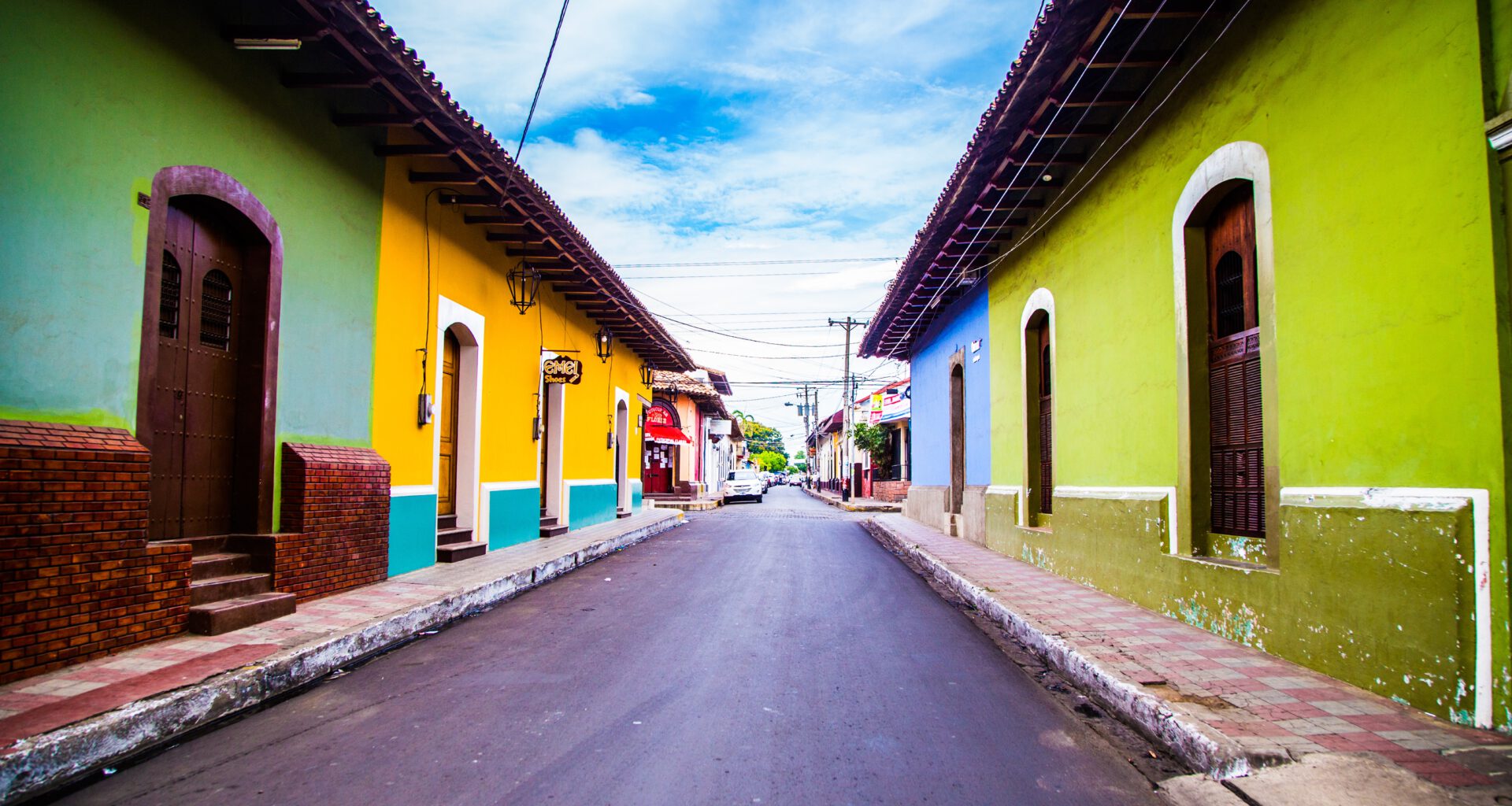La Escuela del Sur is a series of columns by Juan Pablo Cappello, Co-Founder of PAG.law, as a part of our partnership to promote Latin American entrepreneurs.
La Escuela del Sur: How to Avoid Latin American Founders’ Most Common Mistakes
Next year will mark the 20th anniversary of the sale of Patagon.com to Banco Santander for over US$705M. This transaction still casts a long shadow on the Techno Latino (Latin America’s tech ecosystem) and not necessarily in a good way. Like much of our history in Latin America, the legacy of the Patagon.com sale is complicated.
Patagon.com showed entrepreneurs in the region what was possible—start a tech company in an unglamorous part of Buenos Aires with a sibling and her boyfriend, raise over $65M from some of the world’s leading companies, and move the company’s headquarters to Miami only to sell the business 3.5 years after you started it for a king’s ransom.
And to make the Patagon story even more improbable, the sale of the company was announced three days before the NASDAQ’s market cap began slide—the NASDAQ index would lose over 75% of its value in the six months following the sale of Patagon. The timing of Patagon’s sale was like selling all of your BTC at $15,000 in January 2018.
While Patagon.com showed what was possible, it didn’t represent a likely success story for Latin entrepreneurs. I saw what was possible from my front row seat to the Patagon.com story as one of Patagon’s directors and as its in-house lawyer who helped structure the sale to Santander. In the years since we sold Patagon I have learned what is realistic to expect from a startup by advising over 500 Latin entrepreneurs and helping their companies raise over a billion dollars in financing. I have learned that the Patagon story isn’t applicable to most Latin entrepreneurs.
As part of PAG.law’s joint venture with LatAm List, I am going to share my suggestions to Latin entrepreneurs as to how they can better attract international investors to their companies, how they can grow and scale their businesses internationally and, most importantly, how to enjoy the ride.
Mistake #1: “You Are Not a Genius”
In Latin America we don’t exactly celebrate failure. In Silicon Valley, failure is often celebrated as a necessary step towards learning what will actually work. In Latin America, failure is usually viewed as a personal tragedy that will mark the rest of your life.
Entrepreneurs who come of age in Rio’s Silicon Beach, in Chile’s Chilecon Valley, or in Argentina’s Palermo Valley rarely want to show any sign of weakness, as failure is their own and their investors biggest fear. These Latin entrepreneurs predictably make a big mistake when they pitch international investors.
I’ve heard many pitches from Latin American entrepreneurs that follow this sequence: “I am a genius. My company is going to be the next big thing. And if you don’t invest, you will regret not investing for the rest of your life.”
This “FOMO” (fear of missing out) pitch sometimes works when dealing with less experienced investors in Latin America. The false bravado is probably the armor that a Latin tech founder needs to wrap himself or herself in to protect from strong societal pressure not to take risks. However, to a sophisticated international investor this arrogance rarely resonates.
Any Latin tech founder who has the opportunity to meet with an international investor should rethink his or her pitch. A more attractive pitch dialogue might follow this pattern:
“I started this company to solve this one big problem. I had no idea how hard the journey it would be. Over the past several years we have made so many mistakes, we have worked so hard and we have learned so much. I am more committed today than I ever have been. After all the blood, sweat and tears, we have finally figured out our technology; we have built the right team and most importantly, we now understand exactly what our customers want. We are raising this money because we are ready to grow and solve this problem internationally. We are looking for a partner in this journey and we thought you and your fund would be a great fit.”
The more humble you are in a pitch, the more compelling you will be to an experienced international investor—assuming you are trying to solve a big problem and you can show the progress you have made. As my mother used to say:“Leave your ego at the door.”
—–
In his next article, Juan Pablo will address another common mistake that entrepreneurs from Latin America make and how to avoid it. Juan Pablo can be reached at [email protected].
This post is also available in: Español (Spanish)




2 comments
as always great insight!!! thank you!!!
I fully agree, I have seen this countless of times.
However, I might also say that has, yes, a little bit to do with trying to break through societal pressures but also because this has been the playing field that investors (and to a lesser extent other actors such as the press) have proposed in LatAm. The idea that only “bold enough”, “big enough”, “Zuckerberg enough” founders could be the only ones to score any attention. This has indeed incentivized a large number of entrepreneurs of all levels (the good, the bad and the ugly) to go out and scream loud (something comparable to that experience of finding an Argentinean traveling abroad in the 90’s). At the same time it has also put a number of great people under a lot of pressure to go and sell the non-existent, show themselves as arrogant while in reality they were really covered in insecurity and trying to cope with immense pressure. People who would have maybe have asked for help instead of investment if they had only found the way to do so.
Lastly, I’d say I’ve witnessed the same applies to LatAm investors across the full spectrum from Angels to VCs.
Maybe it’s not just the players, but the rules of the game that need to be observed.
Comments are closed.